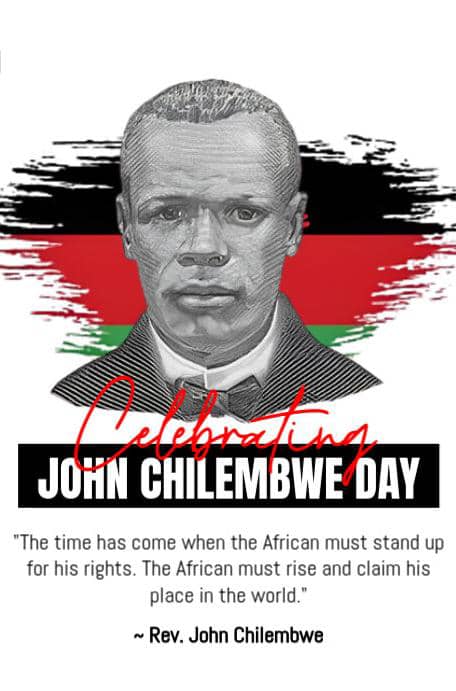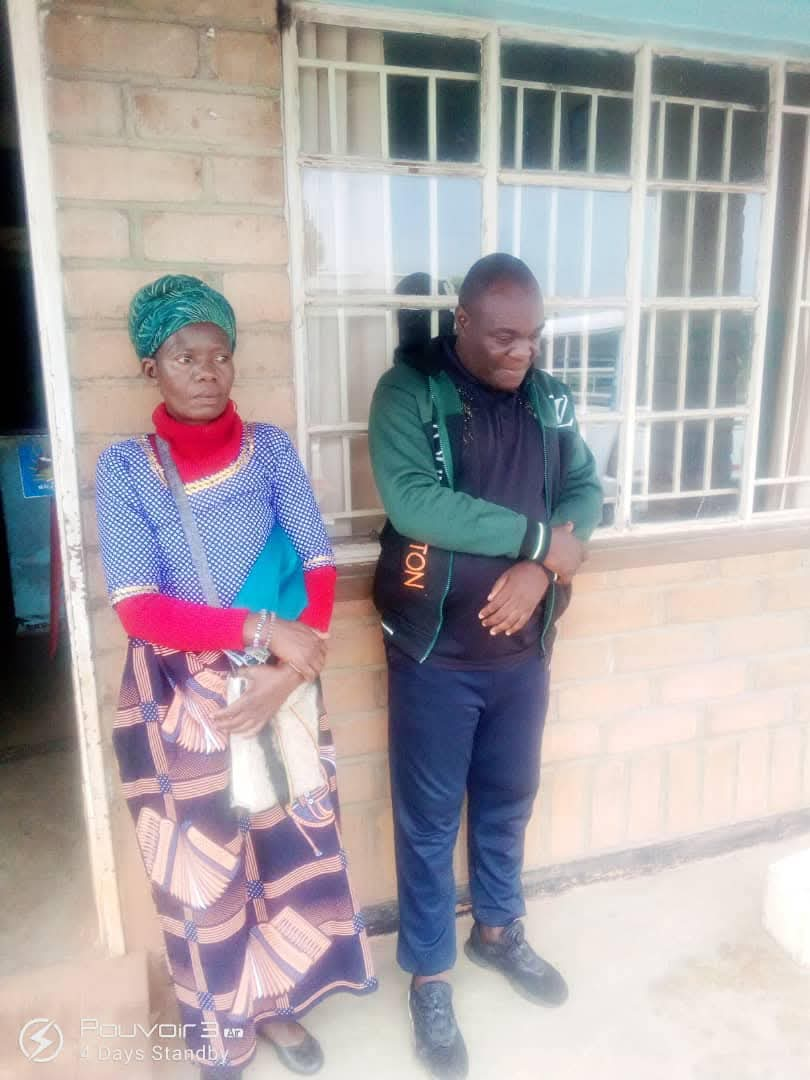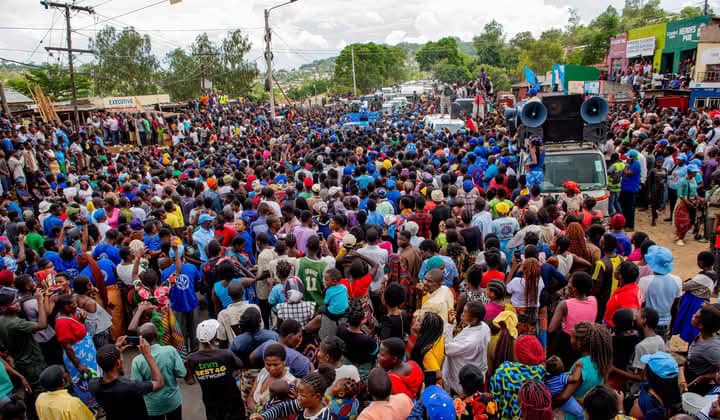By Stevie M. Kauka
(The author is a fellow of IPMM and writes independently on diverse topics.)
Martyrs often evoke images of unwavering faith, extraordinary courage, and ultimate sacrifice. Figures like St. Kizito and St. Charles Lwanga, who died defending their beliefs, dominate our imagination. Yet, martyrdom isn’t only about death; it’s about living boldly for a purpose that transcends the self. Among such icons stands John Chilembwe—a revolutionary whose journey from awareness to action redefined the fight for justice in Nyasaland (modern-day Malawi).
Chilembwe’s life began unremarkably, shaped by the suffocating grip of British colonialism. But his journey to the United States in 1897 proved transformative. What began as a fundraising mission for his work back home turned into an eye-opening education. In America, Chilembwe encountered a society where Black voices openly critiqued white supremacy—a stark contrast to the reverence for whites enforced in Nyasaland.
While studying at the Virginia Theological Seminary (1898–1899), Chilembwe absorbed the radical teachings of figures like John L. Dube, a South African pan-Africanist, and Dr. Lewis Garnett Jordan of the Negro National Baptist Convention. These encounters, coupled with America’s vibrant Black intellectual scene, reshaped his worldview. He returned to Nyasaland in 1900 not just as a Baptist minister but as a man on a mission to liberate his people.
Chilembwe established the Providence Industrial Mission upon his return, with support from the American National Baptist Convention. It was more than a religious initiative—it was a symbol of resistance and empowerment. He built schools, cultivated farms, and constructed a majestic brick church, urging his community to embrace education, economic independence, and social reform.
Yet, colonial exploitation cast a long shadow over his efforts. The British thangata system—a cruel labor regime—stripped his people of dignity, while famine and forced conscription during World War I deepened their suffering. Chilembwe’s frustration turned to resolve, inspired by American abolitionist John Brown’s armed resistance against slavery.
In January 1915, Chilembwe led a bold uprising against British rule, a rebellion that would cement his place in history. Unlike spontaneous revolts, his was a calculated act of defiance. He knew the risks, but his conviction outweighed his fear. For Chilembwe, the fight wasn’t about immediate victory—it was about igniting a fire that would eventually consume the chains of oppression.
Chilembwe’s rebellion was short-lived, but his sacrifice reverberated far beyond his death. His legacy is one of vision, resilience, and uncompromising belief in a better future. He was a man who saw clearly the injustices of his time and dared to imagine a world where his people could thrive.
Much like Martin Luther King Jr., who spoke of glimpsing “the Promised Land,” Chilembwe understood the magnitude of the challenges he faced. Yet, he pressed forward, undeterred by the knowledge that he might not live to see the fruits of his labor.
John Chilembwe’s story is not just one of martyrdom; it is a testament to the transformative power of awareness and action. His life reminds us that change begins with a vision and demands courage to confront even the most entrenched systems of injustice.
Today, Chilembwe’s legacy shines as a beacon for those who seek to challenge oppression. His life teaches us that progress often comes at great personal cost but remains the highest calling for those who dream of a freer, fairer world.
John Chilembwe was not simply a martyr; he was a visionary rebel, a determined architect of change who lived—and died—for the liberation of his people. His legacy challenges us all to dare, to dream, and to act with purpose in the face of adversity.




